Crypto Wiki

WEEX to Launch Fitcoin (FITCOIN) Spot Trading with FITCOIN USDT Pair Listing
WEEX will soon enable spot trading for Fitcoin (FITCOIN) with the FITCOIN USDT pair. This addition expands WEEX’s lineup of utility and lifestyle-oriented tokens, supporting the growing digital fitness ecosystem.

WEEX to List Memeseco (MECO) with MECO USDT Spot Pair Coming Soon
WEEX is preparing to list Memeseco (MECO) on its spot market, enabling users to trade the MECO USDT pair. This listing enhances WEEX’s meme and community-driven token offerings with a trending asset built on the Solana blockchain.
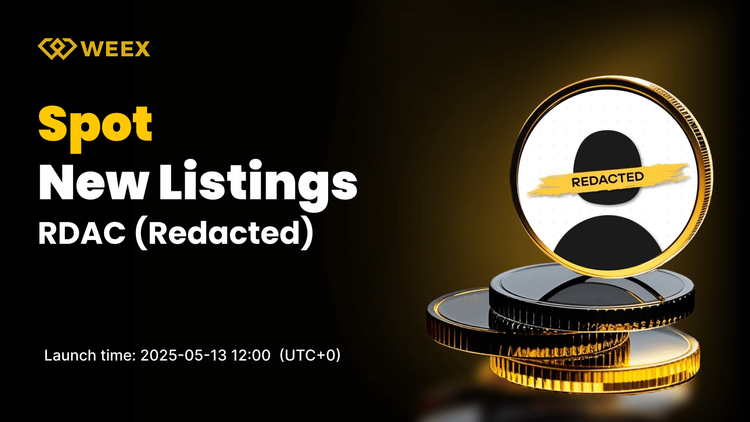
Redacted (RDAC) Now Available on WEEX — RDAC USDT Spot Trading Launches
WEEX proudly announces the listing of Redacted (RDAC), with RDAC USDT spot trading opening soon. This addition strengthens WEEX’s lineup of governance-oriented tokens driving the future of decentralized ecosystems.
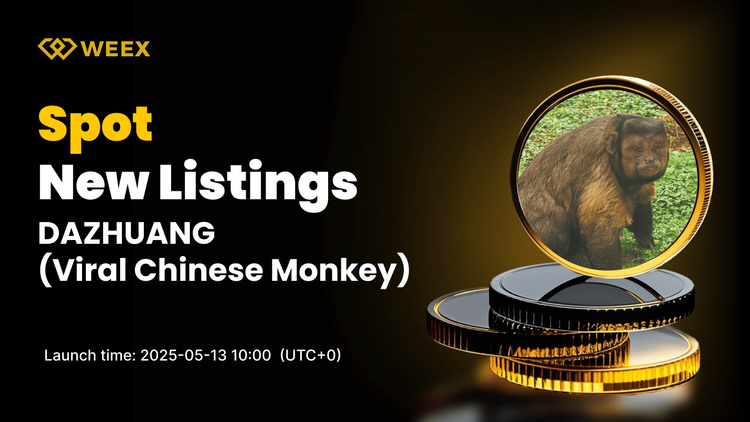
Viral Chinese Monkey (DAZHUANG) Listed on WEEX Spot
WEEX is thrilled to introduce Viral Chinese Monkey (DAZHUANG) to its spot trading lineup. The DAZHUANG USDT trading pair opens for users seeking exposure to Solana-based meme tokens with a viral following and high community activity.

Petunia (PETUNIA) Now Available for Trading on WEEX with PETUNIA USDT Pair Live
WEEX Exchange has officially listed Petunia (PETUNIA), enabling spot trading with the PETUNIA USDT pair. This listing strengthens WEEX’s mission to support creative and community-driven meme assets in the ever-evolving crypto ecosystem.
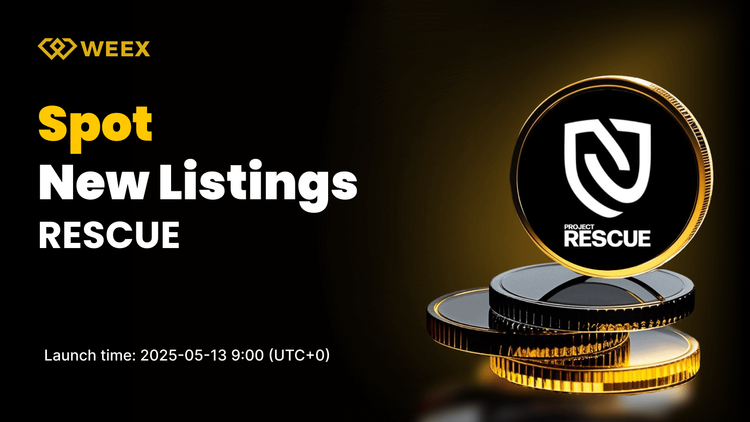
WEEX Lists Rescue (RESCUE) with RESCUE USDT Spot Trading Officially Launched
WEEX Exchange is excited to announce the official listing of Rescue (RESCUE), with the RESCUE USDT trading pair now live. The addition strengthens WEEX’s commitment to innovative and community-driven tokens in the decentralized finance space.
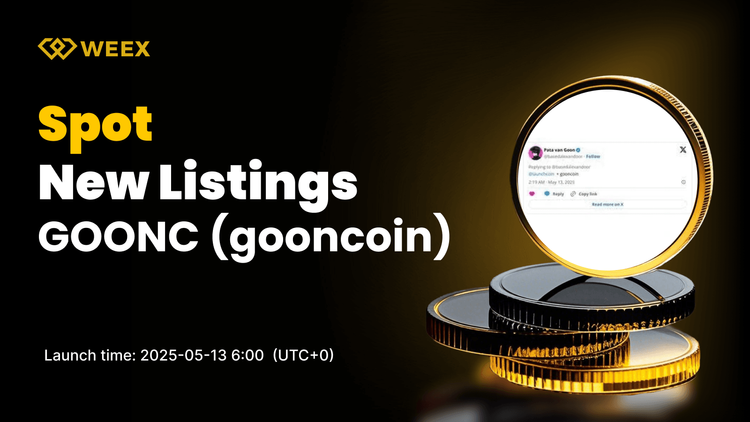
gooncoin (GOONC) Makes Its Way to WEEX Spot
WEEX Exchange is pleased to announce the official listing of gooncoin (GOONC), with the GOONC USDT trading pair now live. The addition of gooncoin further diversifies WEEX’s meme token offerings and expands trading opportunities for crypto enthusiasts.
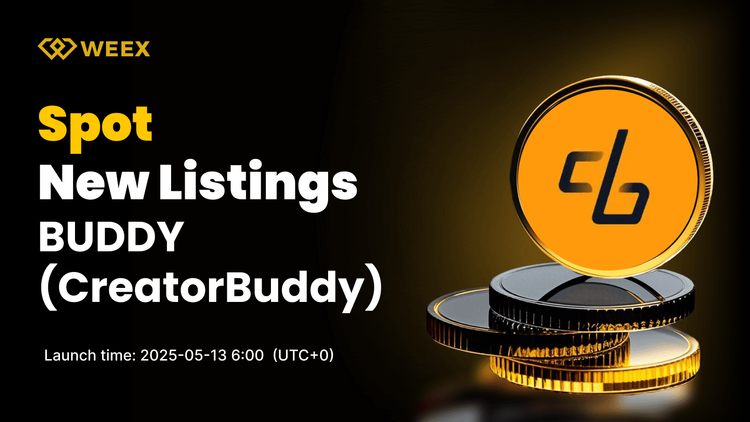
Creator Buddy (BUDDY) Set to Launch on WEEX Spot with BUDDY USDT Trading Available
WEEX Exchange is pleased to announce the listing of CreatorBuddy (BUDDY), with BUDDY USDT spot trading going live on May 13, 2025, at 06:00 (UTC+0). CreatorBuddy (BUDDY) is a decentralized platform built to support content creators through blockchain-powered tools. Users can soon trade BUDDY directly on WEEX with access to a seamless and efficient trading experience.
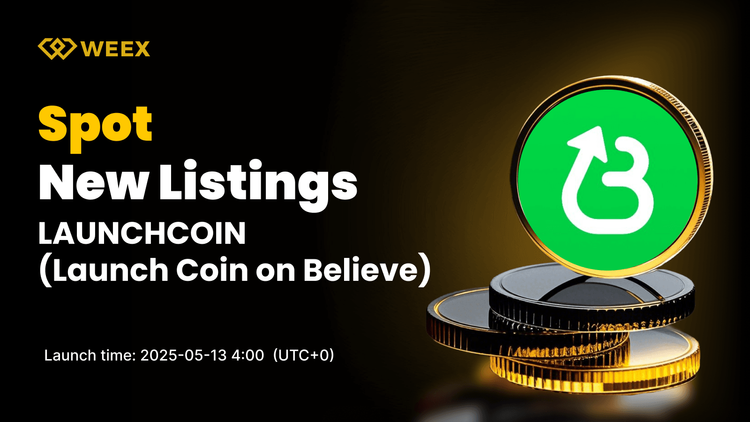
Launch Coin on Believe (LAUNCHCOIN) Debuts on WEEX Spot
WEEX Exchange is excited to announce the listing of Launch Coin on Believe (LAUNCHCOIN) on its spot market. The LAUNCHCOIN USDT trading pair will be available for trading, providing users with new opportunities to engage with this rapidly growing token.

Noodle (NOODLE) Now Live on WEEX Spot Market with NOODLE USDT Trading Pair
WEEX Exchange officially announces the listing of Noodle (NOODLE), with spot trading for the NOODLE USDT pair now available. This listing enhances asset diversity on WEEX and offers traders greater access to trending meme-based tokens like NOODLE.
Gainers
Customer Support:@weikecs
Business Cooperation:@weikecs
Quant Trading & MM:bd@weex.com
VIP Services:support@weex.com
